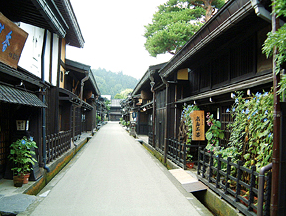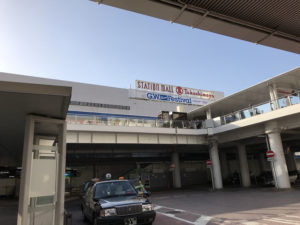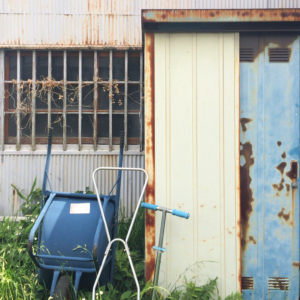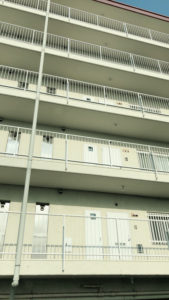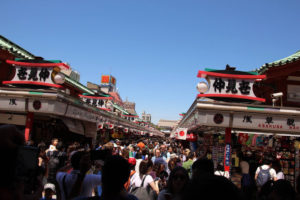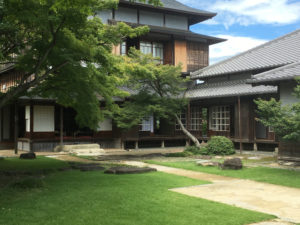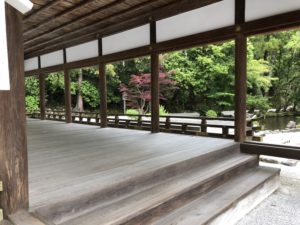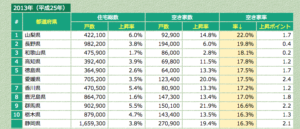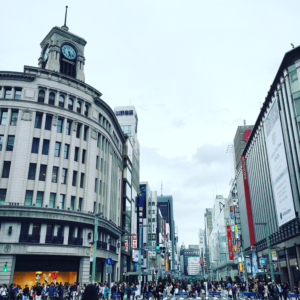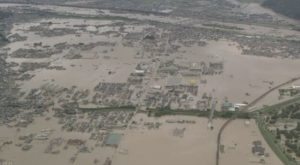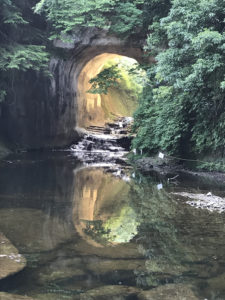Interested in buying a property in Japan where the country risk is lowest in the world ?
Japan is a rare Asian country insofar as it allows foreigners to buy a property. Foreigners can buy both land and building without special qualification. When it comes to buying a property here, Japan has very few restrictions than the Western countries.
Ownership rights to land and building in Japan by a foreigner is also permitted just like Japanese citizens.
When a registrar has made a registration of ownership with respect to a real property with Legal Affairs Bureau, he/she shall can officially claim the title deeds of the property. However, there are restrictions on agricultural land (farmland). You need to get prior permission from a local agriculture committee (nogyo-iinkai) or governor when you buy the farmland. At least one corporate manager (one member of new owner) has to engage in full-time farming. In other words, if you want to buy farmland, you must become a farmer. The

